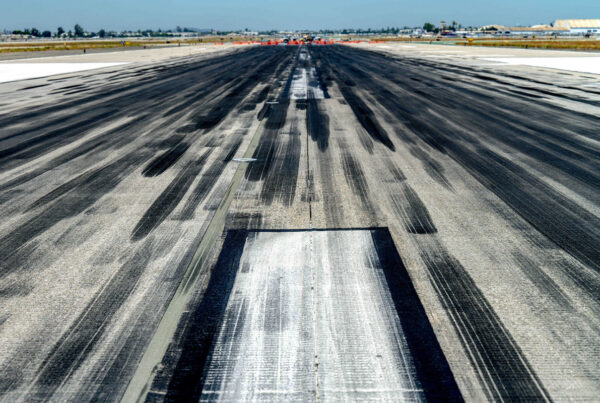In the last few weeks, several major countries have announced that pre-departure Covid testing of all international passengers is now compulsory. And it is up to the operators to make sure that this happens.
It is now mandatory for anyone travelling to the UK, Australia and Canada from anywhere. The US will follow suit from January 26.
Covid testing is set to become a common part of our aviation landscape for the foreseeable future. Until a vaccine has had time to work, people will need to be tested to move around the world freely.
But what type of Covid test do I need?
Just google ‘Covid test’ and prepare for confusion. There are different types of test out there, and to make matters worse, there are multiple confusing names for the same test. Ask a passenger and the chances are that many will not understand why a rapid test at the airport isn’t enough to board their flight.
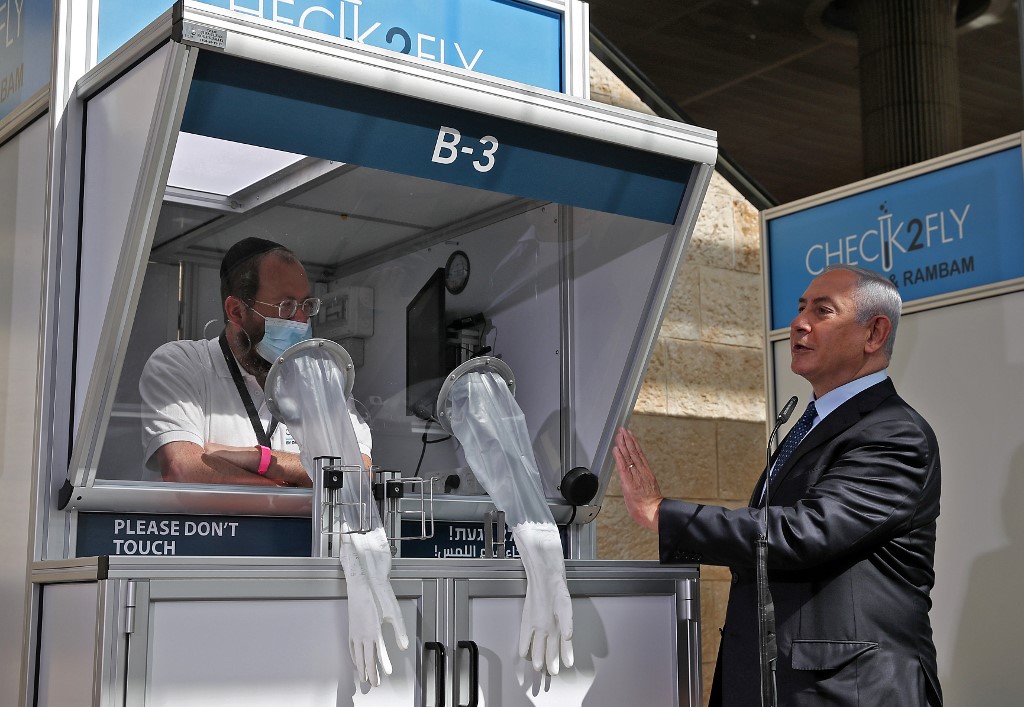
Rapid testing at the airport is convenient, but it may not be enough to get you in when you arrive.
So here is a super basic breakdown of the types of tests out there and how they work…
Covid Test 101
Covid tests can do two things:
- They can tell you’ve had it in the past by looking at your blood (Antibody test), or –
- They can detect if you actively have the virus by looking at your mucus or saliva (Diagnostic test).
Antibody tests = Cannot tell if you are actively sick and contagious. So for travel, they are pretty much useless.
Diagnostic tests = There are a bunch of highly technical names floating around out there but the good news is that there are only a couple of types – Molecular tests (PCR) and Antigen Tests. (The bad news is you’re getting a stick up the nose either way.)
- Molecular tests (PCR). The gold standard in testing. These tests are super accurate and work by detecting the nucleic acid left behind by the virus. This is what most countries require. The downside is the results take much longer and it is difficult to test a whole bunch of people quickly. There are home kits available but most of the time you’ll need a lab to test you.
- Antigen Tests. When people say ‘Rapid Test’ this what they mean. These tests are quick, cheap and work by looking for a piece of coating on the virus. You still get swabbed but the results come back far quicker. They are what you see in airports. So what’s the issue? They’re not as accurate and can return false negatives. In most cases borders just won’t accept them.
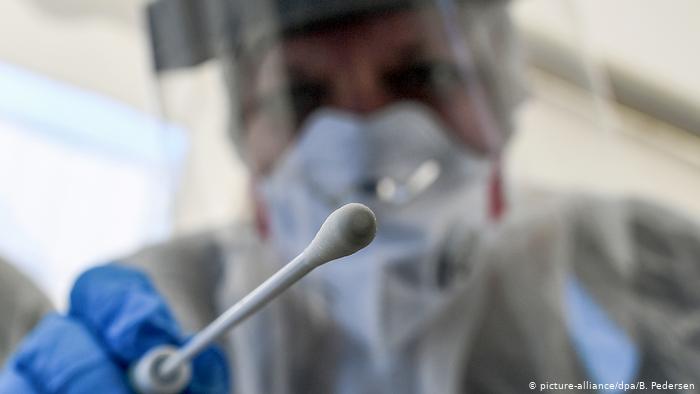
Is this a PCR or Antigen test? They both look exactly the same to passengers.
So what’s the issue with antibody tests?
All they do is look for anti-bodies in your blood and your body has to build up those defences. It can take up to 14 days after you first catch the virus before they can be detected. You can be sick and contagious before the test will even detect them. To make matters worse there is no evidence you can’t catch Covid again even if you have already had it. So what’s the point of them? They help authorities work out just how far the virus has gone out there.

An anti-body test. No anti-bodies, but you might have had Covid already for two weeks…
Moving Forward…
With rapidly changing testing rules around the world it will become super important to make sure you and your passengers get the right kind of test. Most of the time the one you will need is a PCR test. Rapid testing at airports is convenient and looks the same but in most cases just won’t cut the mustard.
More on the topic:
- More: The US rules for carrying Covid in the air
- More: All Stressed Out: Are We Ready to be Back in the Sky?
- More: Currency and Startle Factor – How to Beat It
- More: Dry Ice: The Silent Danger of Hauling Vaccines
- More: In the Know-se: Current Covid Crew Requirements
More reading:
- Latest: FAA Warns on Runway Length Data and Overrun Risk
- Latest: EASA’s New Cyber and Data Risk Rule for Operators in Europe
- Latest: Airport Spy: Real World Reports from Crews
- Safe Airspace: Risk Database
- Weekly Ops Bulletin: Subscribe
- Membership plans: Why join OPSGROUP?



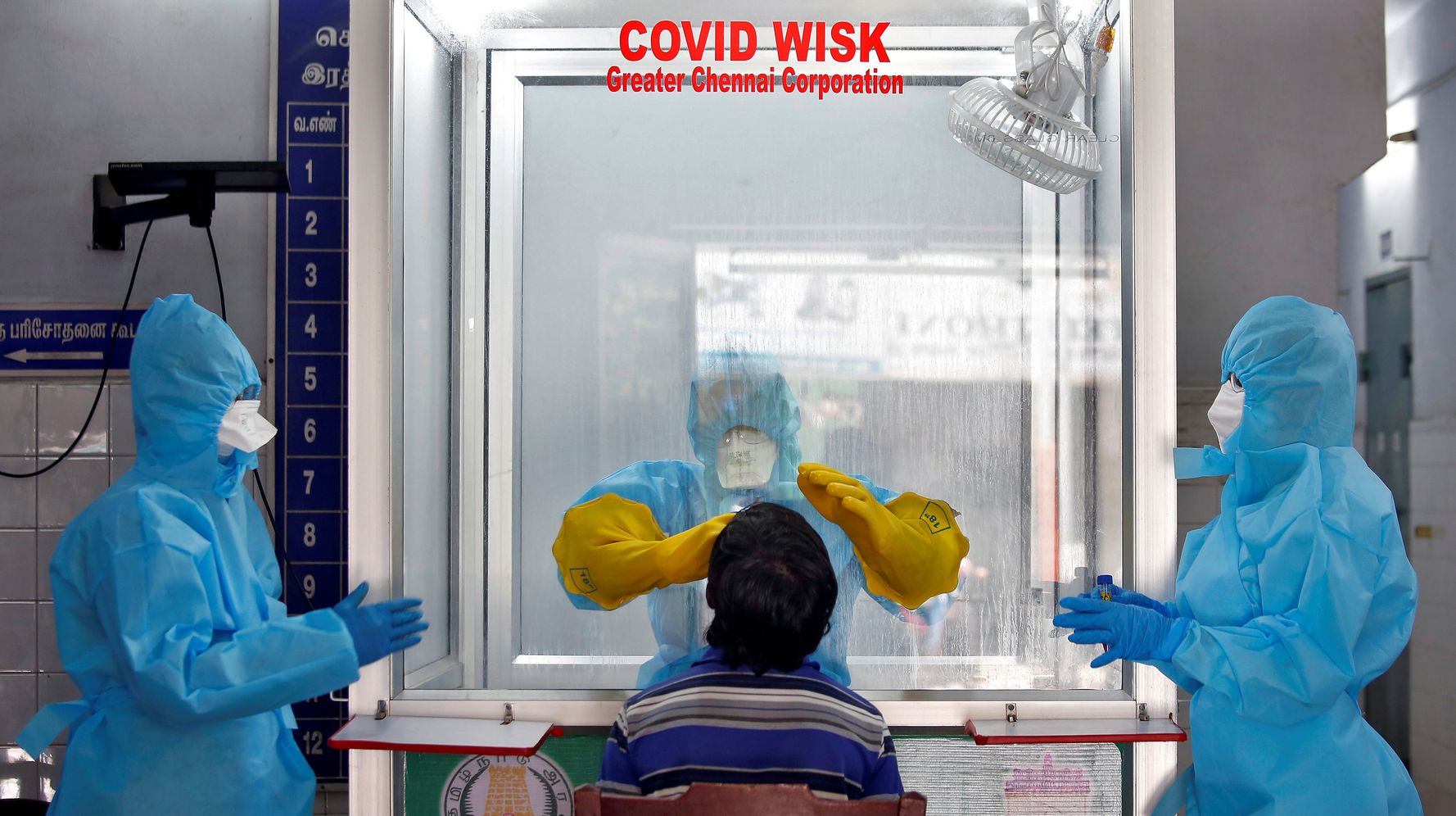

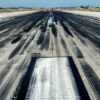



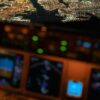
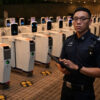
 Get the famous weekly
Get the famous weekly 



